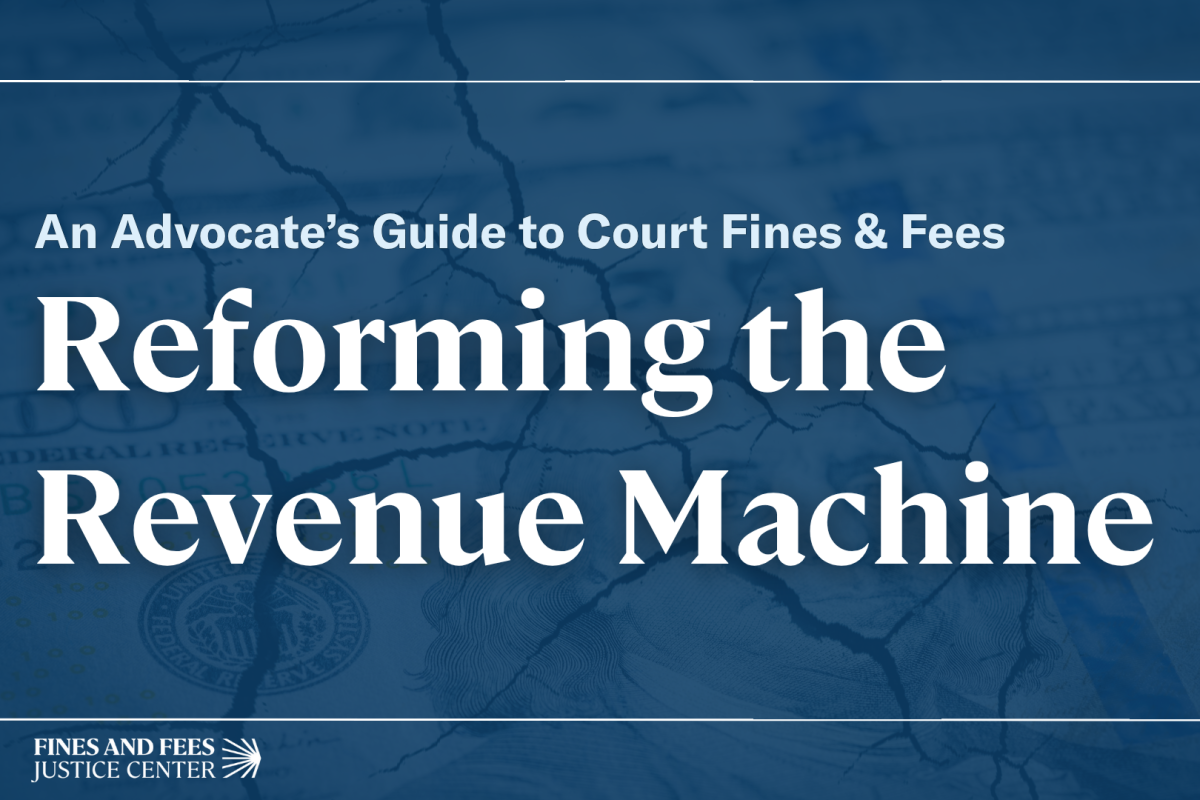Welcome to FFJC’s latest blog series, Reforming the Revenue Machine: An Advocate’s Guide to Fines and Fees, designed to help advocates translate the data found in Imposing Instability into actionable steps to drive reform.
National trends are clear: fines and fees are being used as revenue tools, not instruments of justice.
For decades, state and local governments have relied on fines and fees imposed on individuals in the criminal legal system as a way to fill budget gaps. Our latest report, Imposing Instability, demonstrates how this perverse funding system not only traps people in cycles of debt and legal entanglement but undermines the financial stability of the very governments that rely on it.
And while many might have assumed that the amount of fines and fees imposed would be directly tied to the number of cases, our report suggests this is not necessarily the case.
Even as court caseloads declined during the pandemic, many jurisdictions continued assessing fines and fees at nearly the same levels as before the pandemic — underscoring how deeply embedded revenue generation is in the justice system.
It’s time for bold reforms that eliminate fees and minimize onerous fines and replace them with sustainable and equitable funding alternatives that do not destabilize communities.
This multi-part blog series will help advocates translate the data found in Imposing Instability into actionable messaging and steps you can use in campaigns for reform. Each blog will highlight key takeaways, connect national trends to what’s happening on the ground, and offer strategies to push for reform in your own community.
Explore data and insights from Imposing Instability.
This series will serve as a tool for advocates in several key areas of reform: eliminating court fees, advocating for general fund reform, ending the use of bench warrants for unpaid court debt, and identifying other collateral consequences that communities may face due to court debt.
- Part 1 – Translating National Data into Local Action
- Part 2 – Exposing Fee Traps: Tracking Court Costs in Your Community
- Part 3 – State and Local Budgets Should Not Be Financially Dependent on Crime
- Part 4 – Fines and Fees: A Risky Source of Revenue for Governments
- Part 5 – Ending the Debt-to-Arrest Pipeline: Why It’s Time for Warrant Reform
- Part 6 – Trapped by Design: How Court Debt Devastates Lives
